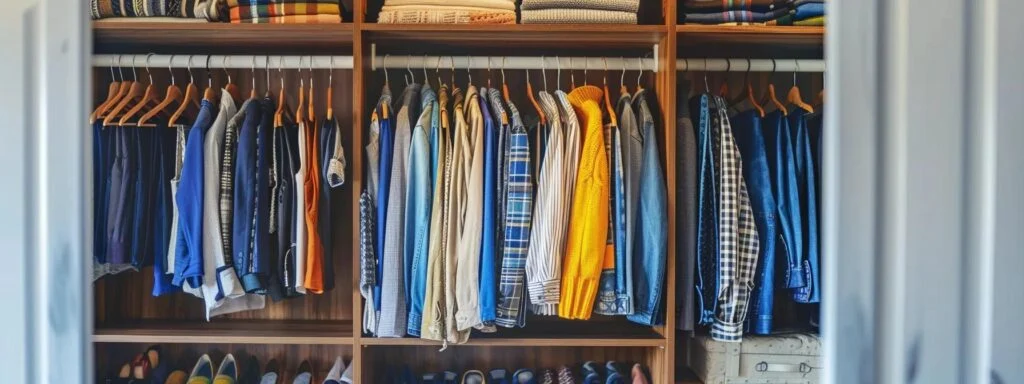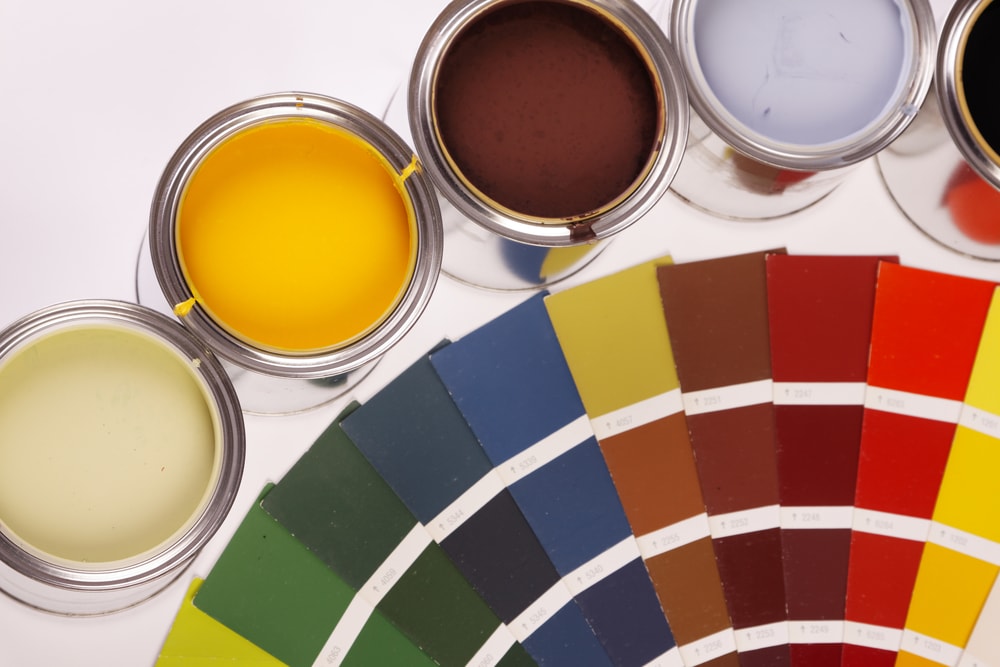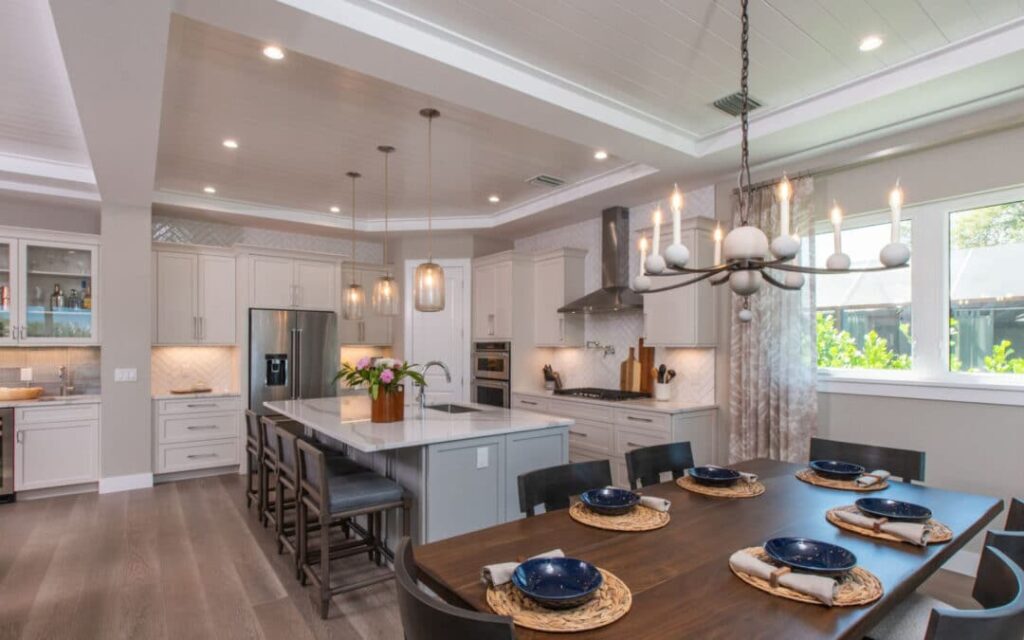Raising children is a journey full of lessons, laughter, and countless decisions. For families committed to protecting the planet, raising kids in a zero-waste household presents both unique challenges and wonderful, teachable moments. If you’ve ever wondered how to blend eco-parenting with daily family life, you’re in the right place.
Let’s dive into how you can foster sustainability, nurture eco-friendly habits, and enjoy the rewards of zero-waste living—all while raising happy, healthy kids.
What Does Zero-Waste Parenting Really Mean?
Zero-waste parenting means making choices that minimize landfill-bound trash and encourage resourcefulness at home. It’s not about perfection, but about being thoughtful—reducing, reusing, composting, and recycling whenever possible. For families, this philosophy influences everything from baby care routines to school lunches, birthday parties, and beyond.
Raising zero-waste kids doesn’t mean denying joy, treats, or fun. Instead, it’s about showing children the positive impact their choices make and empowering them to care for the planet.
Why Choose a Zero-Waste Lifestyle for Your Family?
Living waste-free as a family makes a real difference. Here are some compelling reasons why parents in Tier-1 countries are choosing zero-waste living:
- Protect the environment: Less landfill waste equals fewer greenhouse gas emissions.
- Instill lasting values: Kids raised with sustainability in mind are more likely to carry eco-friendly habits into adulthood.
- Save money: Embracing reusables and avoiding disposable products often cuts household expenses.
- Increase creativity: Kids learn to upcycle, repair, and find joy in doing more with less.
How to Get Started: Laying the Green Foundation
Involving the Whole Family
Your zero-waste journey starts with open conversations. Gather your family to talk about why you want to reduce waste. Invite kids to share their thoughts—children often have creative ideas for making eco-friendly swaps at home.
Set Achievable Goals
Start small. Maybe it’s reducing disposable packaging in lunches or switching to cloth napkins at dinner. Celebrate every win, no matter how minor. Zero-waste living is a marathon, not a sprint.
Zero-Waste Tips for Babies and Toddlers
Diaper Decisions
The early years generate a lot of waste, but small changes add up:
- Choose cloth diapers and washable wipes to replace disposables.
- Try diaper-free time at home to reduce diaper use.
- Join or organize a local cloth diaper swap.
Feeding Time
- Breastfeeding and making homemade baby food cut back on packaged waste.
- Use glass or stainless steel bottles and baby utensils.
- Store snacks and purees in reusable silicone bags or containers.
Toys and Entertainment
- Opt for wooden, fabric, or recycled-material toys.
- Rotate toys to keep things novel without buying new.
- Visit libraries for books and community centers for toys and games.
Zero-Waste School Lunches and Snacks
Packing a zero-waste lunch is a daily opportunity for eco-friendly parenting:
- Use lunch boxes, bento containers, and beeswax wraps.
- Buy snacks in bulk and portion them into reusable containers.
- Skip single-use juice boxes—opt for refillable bottles.
Encourage your child’s input. Let them pick snack options and help pack lunch; involvement fosters ownership and excitement.
Clothing: Quality Over Quantity
Embrace hand-me-downs, thrift, and swap circles. Explain to kids why it matters to buy less, choose quality, and mend minor rips instead of discarding clothes. Make it fun—host clothing swap parties with friends or decorate upcycled outfits together.
Green Celebrations: Parties and Holidays
Celebrations can be festive and sustainable:
- Make homemade decorations from scraps or natural materials.
- Send digital invitations and thank you notes.
- Plan party favors that are reusable or consumable, like seeds or homemade treats.
- Choose experience gifts—like zoo passes or art classes—over toys.
Mindful Shopping and Food Waste
When kids help pick produce and plan meals, they learn about packaging and food origins. Try to:
- Buy local and in bulk.
- Choose loose, package-free fruits and veggies.
- Store leftovers in reusable containers and compost food scraps.
Teach kids how your compost bin works or let them help in the garden—watching food scraps turn into rich soil is a magical eco lesson.
Getting Kids Excited About Sustainability
Children naturally love helping. Here’s how to keep them engaged:
- Give them eco “jobs” like collecting recycling or helping tend a herb garden.
- Read age-appropriate books about protecting nature.
- Do craft projects with upcycled materials.
- Explore nature as a family—gardening, hiking, or joining clean-up events.
Celebrate every sustainable act. Praise and curiosity build lifelong eco-awareness.
Overcoming Common Challenges
Every family faces speed bumps, especially in environments dominated by single-use items and social expectations. When setbacks happen:
- Reframe slip-ups as learning moments, not failures.
- Connect with like-minded families for inspiration and support.
- Remind yourself and your kids that progress matters more than perfection.
The Long-Term Impact of Zero-Waste Parenting
Kids raised in zero-waste households develop invaluable life skills. They become resourceful, mindful consumers equipped to tackle environmental issues. These early lessons shape more compassionate, responsible adults—making a win for your family and the planet.
Zero-Waste Resources to Empower Your Family
- Local zero-waste groups and swap meets
- Library programs on sustainability
- Community composting initiatives
- DIY tutorials for green projects
Exploring these resources as a family reinforces the message that every person can contribute to a cleaner future.
Conclusion: Raising the Next Generation of Planet Protectors
Raising kids in a zero-waste household isn’t always the simplest path, but it’s profoundly rewarding. With patience, flexibility, and teamwork, every family can make eco-friendly living second nature. Remember, small steps lead to big changes—and your commitment today inspires a brighter tomorrow.
Ready to start your family’s zero-waste journey? Talk to your kids, embrace simple swaps, and celebrate your progress together. The next generation of planet protectors is growing at home—one mindful choice at a time!






